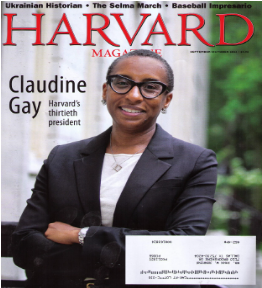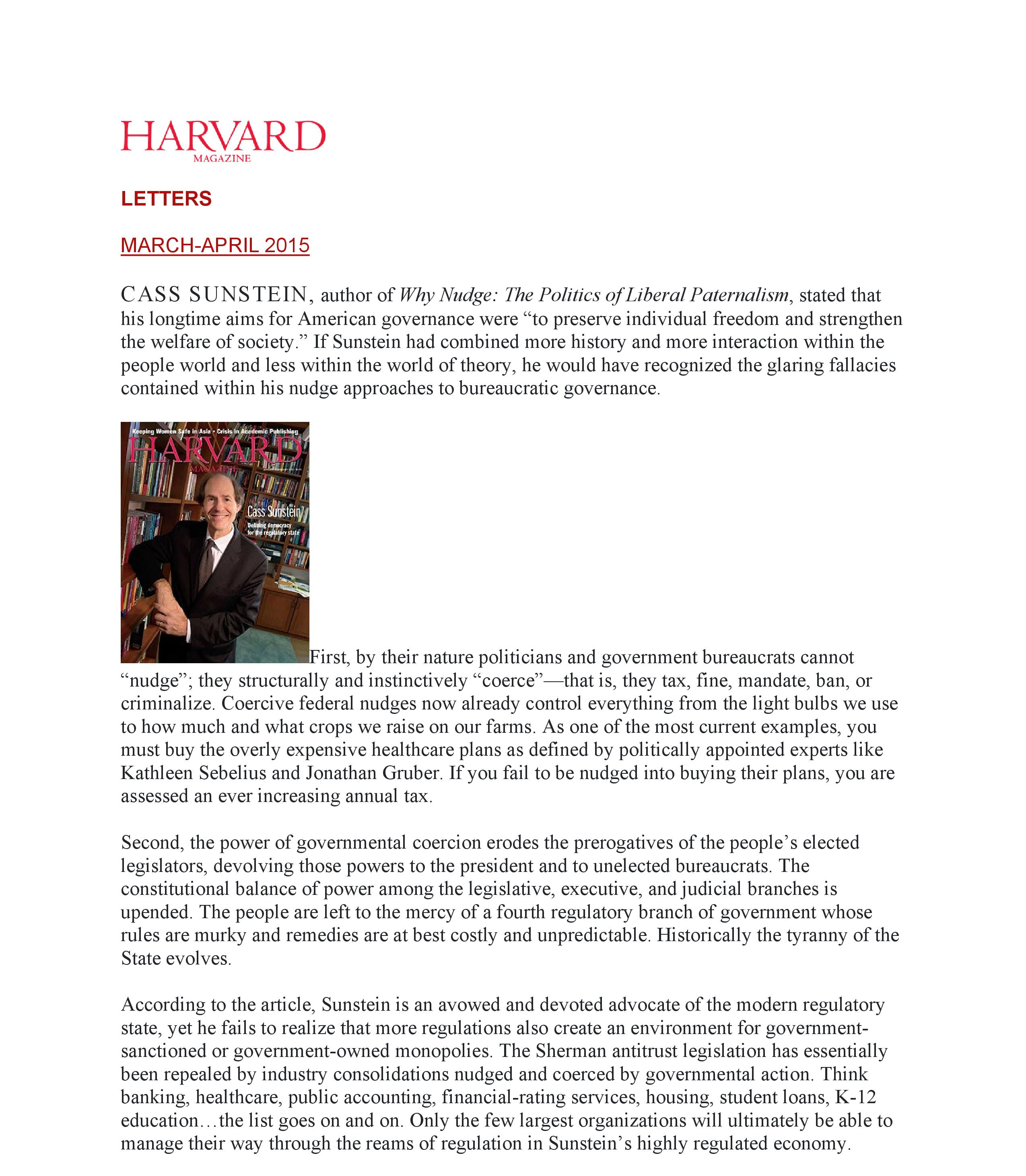The following excerpts are from the 20-minute interview on January 18, 2024, by Jackie
Deason with John Whitmore Jenkins about his book “Looking Through A Glass Darkly: Divided America and the Gathering Storm”. The interview was taken at Mercury Studios, Blaze Network Recording Rooms, Irving, Texas.
Jacki’s career spans two decades of experience in the energy industry, politics, and law. The Jackie Daily Show airs Saturday, and weekly podcasts weekly on IHeartRadio podcasts, iTunes, Spotify, and most other outlets where quality podcasts are found.

AN INTERNET search for the Harvard “Veritas” logo came back to me with the following: “The University defends the truth,” says the Harvard logo. “The emblem shows respect for science, using only verified facts within the University’s walls and a willingness to defend the truth.” Yet as it relates to climate change, the University has set aside obvious truths and brought together its five professional schools supporting the new “Save the Planet” religious dogma of the past decade (“Seeking Climate Solutions,” May-June, page 17).
The first obvious truth is that the Earth’s climate was cyclically changing eons before our industrial age began using fossil fuels which brought much of the world’s population out of sustenance living, poverty, short life spans, and relative immobility beyond one’s birthplace. The Roman Empire prospered during 600 years called the “Roman Warm Period.” Since the end of the Little Ice Age around 1750, the Earth’s temperatures have been rising, underpinning another era of prosperity.
A second obvious truth is that climate change is not an existential threat to mankind. The world is not coming to an end if we do not achieve “zero emissions” by 2035, 2050, or 2100.
The third obvious truth is that the current actions being taken to reduce temperature increases will affect the climate at best minimally, but they are severely detrimental to our economies, our security, and possibly our survivability. Our economies are suffering from deficit spending on industrial policies to destroy long-term investments in electrical generation and transportation in exchange for new technologies enriching an increasingly aggressive China.
A final truth is that incorporating increasingly high percentages of wind and solar components within our electrical power grids makes them unstable under predictable load variations, weather challenges, or black swan events. For a year or more, a major volcanic eruption can cut off solar electric generation and redirect wind forces, thereby disabling an electrical grid heavily dependent on them. Our very livelihood is dependent on continuous electrical power. When the power goes out, our short supply of food, water, and transportation fuel disappears. Communications are interrupted. Our cell phones go dormant; our credit cards will not operate. If we lose electrical power for a month, we starve and die.
If Harvard still wants to justify “Veritas” on its shield, then it should use a portion of its newly found Salata Institute grant money to add a sixth research group to develop defensive measures against imprudent policies perpetuated on our populations by Green environmental activists whose view of history is only 20 years deep.
John W. Jenkins, M.B.A. ’63
Dallas

IN HIS LETTER on climate change (July-August, page 3), John W. Jenkins, M.B.A. ’63, accuses the University of betraying the Latin motto on its shield, Veritas, by choosing “Save the Planet” religious dogma over “obvious truths.”
Although somewhat muddled in his presentation, his “obvious truths” are:
The problem with these “obvious truths” is that they are all falsehoods. Since 1988, the world’s scientists have been studying man-made climate change and issuing periodic comprehensive reports on their work under the auspices of the Intergovernmental Panel on Climate Change (IPCC). If the IPCC has erred, it has been on the side of caution, underestimating the effects of man-made climate change.
As for Jenkins’s dystopian economics, real economists would disagree. See, for example, the recent columns of the Nobel Prize-winning economist Paul Krugman.
Of course, Jenkins is neither a scientist nor an economist. He is a businessman, most recently leading a firm handling the sales and marketing of sports equipment. In fairness to him, he is merely parroting somewhat dated propaganda sponsored by the fossil-fuel industry and the Republican Party. See The Republican War on Science by Chris Mooney (2005).
If anything, the Republican Party has expanded its disinformation efforts since 2005. The fact that one of our two major political parties is using proven fiction, not fact, to assess the most critical problem facing the planet tells us all we need to know about the woeful state of our political discourse.
James M. Cronin ’65
Westport, Mass.
I ENTHUSIASTICALLY agree with John W. Jenkins. Climate change is not a settled science. That most scientists think so does not make it so. Many thought Newton’s theory of gravity, proposed in 1687, was true, but in the twentieth century, Einstein disproved it.
To pejoratively label contrary positions on climate change as coming from climate deniers is intellectually shameful. Many highly credentialed contrarians exist. If the educated people of the twentieth century had heeded the contrarian economists Ludwig von Mises and Friedrich Hayek, fewer clever people would have succumbed to socialism.
Harvard is the gold standard in academia. If gold rusts, intellectual decay is nourished.
Charles Block, A.M. ’51
Miami, Fla.


THE LETTER published on page 3 of the July-August issue is a tedious screed by a climate-change denier. It is shocking to see Harvard Magazine give more-than-equal space or any space to such ignorance. The global scientific consensus is now almost entirely certain that, if we continue business as usual, climate change can or likely will produce human extinction in the next century or two. Scientists know this to be true, and Harvard is to be commended for phasing out its investments in fossil fuel companies that have lied or dissembled for decades about their role in knowingly working to kill the climate. Going forward, to deserve the motto “Veritas,” you should not publish any “fake news” under the banner of freedom of speech and the press. Please tell us ever more about the hard realities of climate change and the existential means of mitigation and adaptation.
Richard W. Emory Jr., J.D. ’67
Baltimore
Fla.


Adding {{itemName}} to cart
Added {{itemName}} to cart